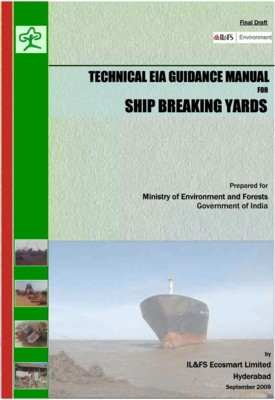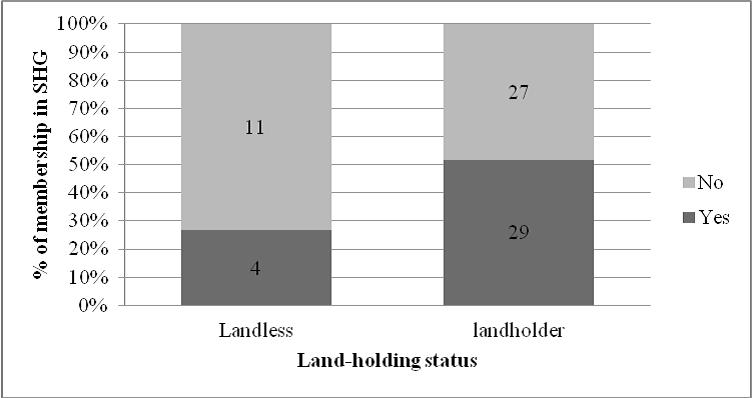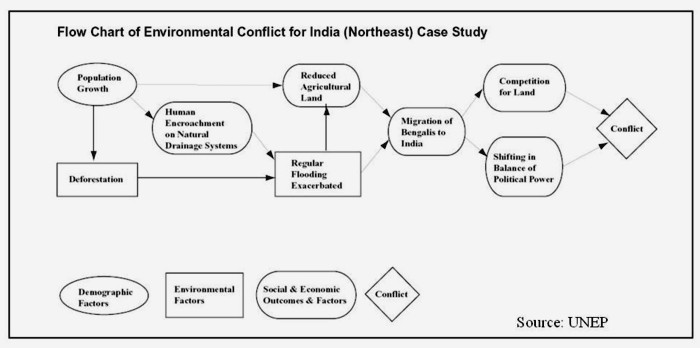/topics/droughts-and-floods
Droughts and Floods
Water resource accounting as a tool for urban water management - An illustration in NCT- Delhi - Journal of Indian Water Works Association
Posted on 24 Feb, 2012 10:41 PMThe paper discusses the natural resources accounting in the context of national/regional policy first, and then places water resource accounting within it. Subsequently, the methodology as well as study framework adopted for resource accounting are discussed.
New water policy more contentious; least helpful in tackling existing issues
Posted on 22 Feb, 2012 12:34 PMAuthor : Dr. Arvind Kumar
Rural water access: Governance and contestation in a semi-arid watershed in Udaipur, Rajasthan: A paper in EPW
Posted on 21 Feb, 2012 05:19 PMStudy area
This study is carried out in micro-watershed No.19, which comprises six villages in Jhadol tehsil of Udaipur district in Rajasthan. A minor irrigation project completed in 1980 serves these six villages
Rainfall, storage levels in reservoir and groundwater use
Towards greener development: EIA sector specific manuals brought out by the Ministry of Environment and Forests
Posted on 19 Feb, 2012 07:20 PMThese manuals are aimed at expert appraisal committees, and hope to improve the quality of appraisal of projects. These will also provide a template for use by organisations and consultants developing the EIA reports.
Social exclusion in watershed development: Evidence from the Indo-German watershed development project in Maharashtra - A LEAD paper
Posted on 18 Feb, 2012 03:08 PMMarginalized communities are excluded from a say in the creation of policies.

Climate change risk - An adaptation and mitigation agenda for Indian cities - A paper published in the journal Environment and Urbanisation
Posted on 18 Feb, 2012 01:33 PMThe paper dwells on the likely changes that climate change is expected to bring in temperature, precipitation and extreme rainfall, drought, river and inland flooding, storms/storm surges/coastal flooding, sea-level rise and environmental health risks, and who within urban populations will be at risk.
Multi-stakeholder dialogue is messy, but necessary
Posted on 16 Feb, 2012 01:32 PMA workshop on ‘Understanding and resolving water conflicts in the North East India', was organized by Forum for Policy Dialogue on Water Conflicts in India (Forum), in collaboration with Aaranyak (Guwahati), Centre for the Environment, IIT (Guwahati), Arghyam (Bangalore), SaciWATERs-CapNet Network (SCaN) and Cap-Net to discuss emerging issues related to water conflicts and their resolution in the region. This workshop was held in Guwahati on January 23-26, 2012. It aimed at presenting concepts and theory related water conflicts as well as issues especially relevant to the North East Region.

"Understanding and resolving water conflicts in the North East": Workshop held at Guwahati, 23-26 January 2012
Posted on 16 Feb, 2012 01:31 PMGuest post by: Raju Mimi
Climate change adaptation in Himachal Pradesh - Sustainable strategies for water resources - A report by the ADB
Posted on 16 Feb, 2012 10:29 AMIt includes the present and planned water utilisation across sectors and uses, within a framework of environment, conservation and sustainability. It also examined the present institutional arrangements for water resources management and assessed the requirements for institutional development, improvement in data collection and analysis, catchment and agriculture planning, and other reforms required to ensure sustainable water resources management.





